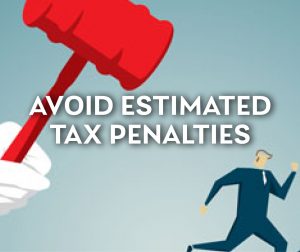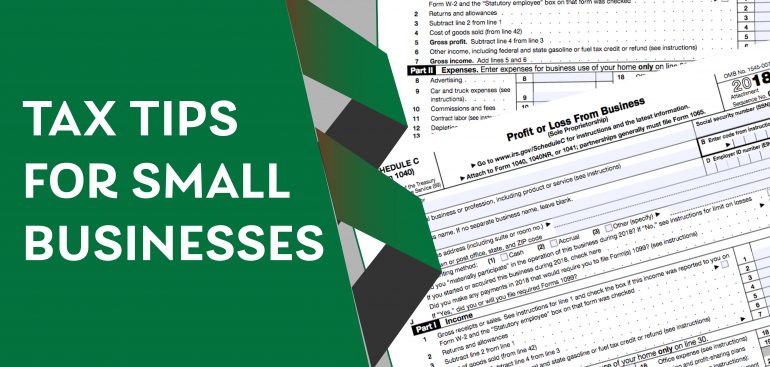Bank reconciliation is what happens when your business needs to prove or document its account balance. It is the comparison of your monthly bank statement to your internal accounting records. Sometimes these balances do not match and the business needs to identify the reasons for the discrepancy and reconcile the differences.
How to deal with discrepancies when doing bank reconciliation
There are three reasons why your bank statement and accounting records might disagree.
- Omission. This refers to transactions that appear on the bank statement, but have not been recorded in the accounting records. Such as a customer payment that has bounced, interest received, bank charges and bounced checks. The difference needs to be eliminated by adjusting the company’s accounting records before the preparation of bank reconciliation.
- Timing differences. This refers to transactions that are recorded in the bank statement and the accounting records in different periods. For example, an outstanding check which you send to your supplier, but it doesn’t get cashed until the following month. Another timing difference is a “deposit in transit” which is used to categorize monies that have been received but have not yet cleared the bank. Keep track of timing differences that may otherwise cause difficulty in reconciling the company’s cash balance on its financial statements to its monthly bank statements.
- Errors. The last reason is accounting errors such as missing receipts, making an entry twice, entering the incorrect number, and neglecting to add interest earned. The best way to correct errors in accounting is to add a correcting entry. A correcting entry is a journal entry used to correct a previous mistake.
For assistance with your bank reconciliation, contact Georgen Scarborough today. Georgen Scarborough is a full-service accounting firm that can customize a suite of accounting and financial management services, such as bank reconciliation, tailored to your needs.










